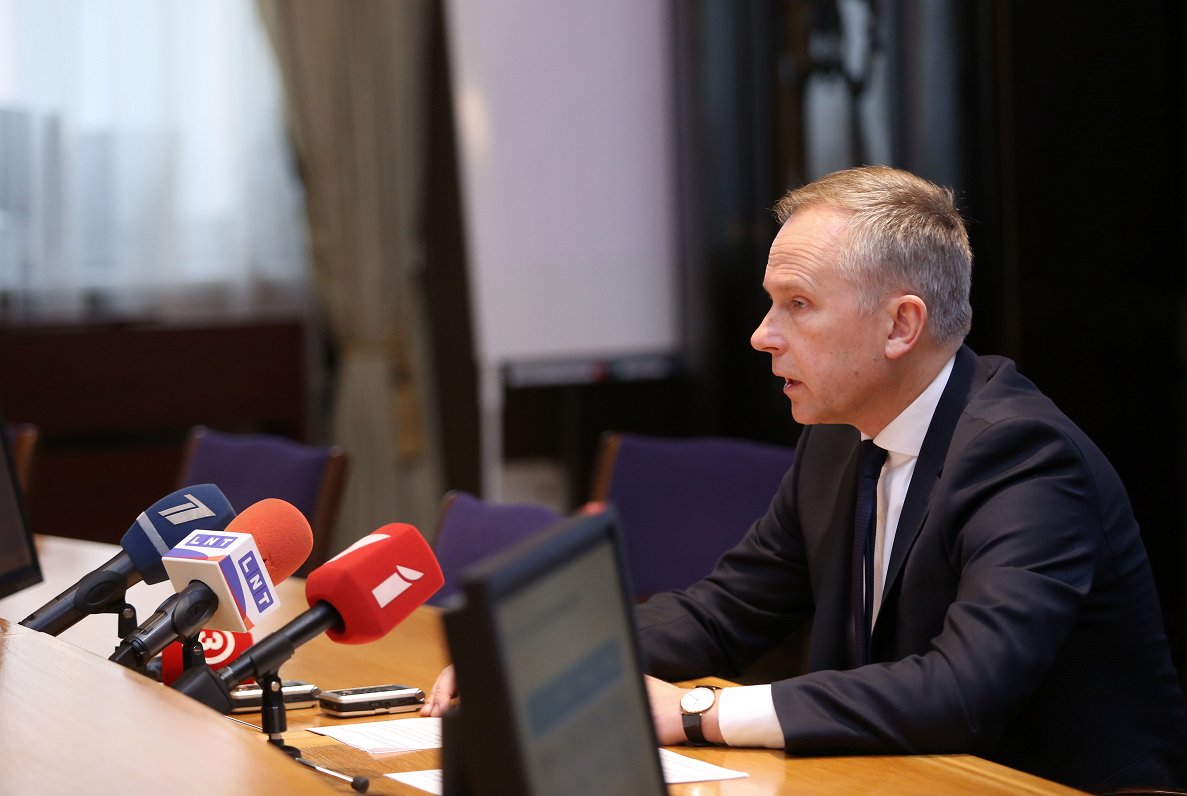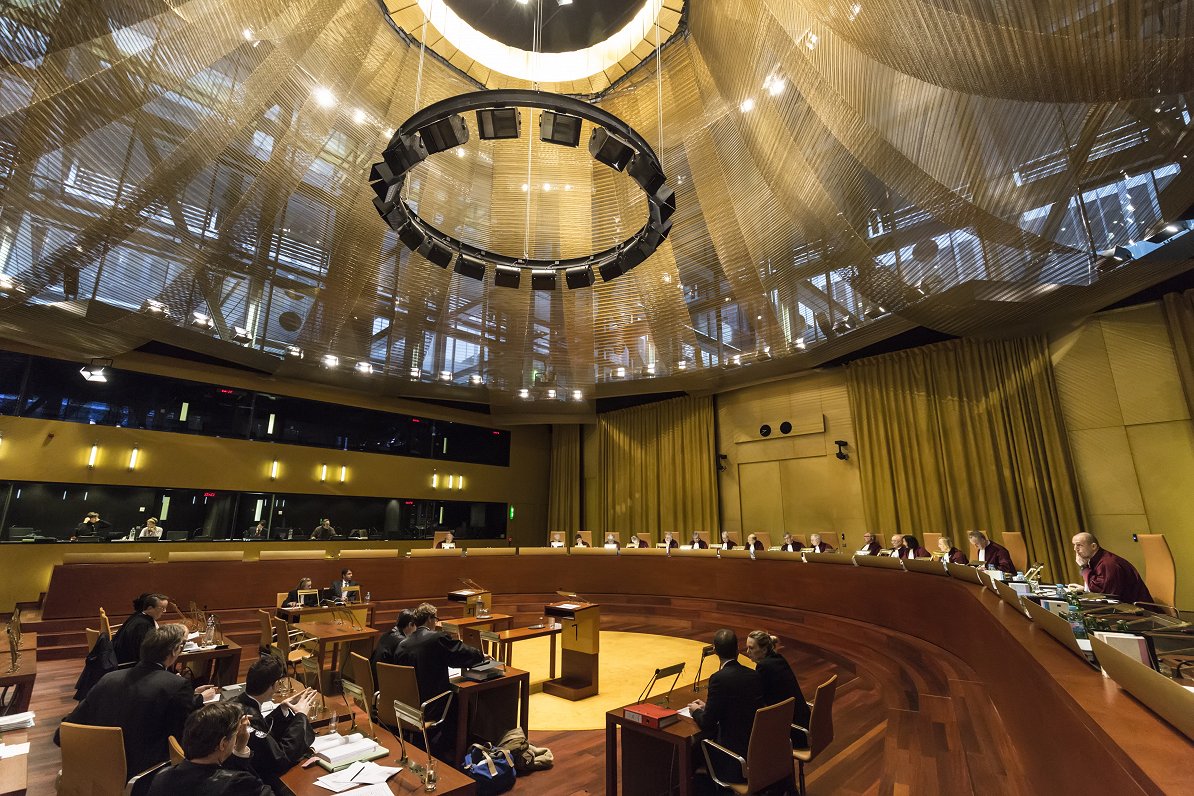"Latvia has not adduced evidence of the serious misconduct imputed to the governor of its central bank," the court said, and consequently "The Court therefore annuls the decision at issue in so far as it prohibits Mr Rimšēvičs from performing his duties as Governor of the Central Bank of Latvia."
The Latvian central bank chief is also Latvia's official representative on the board of the European Central Bank.
On 19 February 2018, the Korupcijas novēršanas un apkarošanas birojs (Corruption prevention and combatting bureau or KNAB) adopted several measures against Rimšēvičs, Governor of Latvijas Banka (the Central Bank of Latvia), including a prohibition on performing his duties, an obligation to pay a surety and a prohibition on leaving the country without prior authorization while a preliminary criminal investigation concerning acts of bribery and corruption continued.
The court ruling does not concern whether or not Rimšēvičs is guilty or innocent of the bribery charges - merely whether the Latvian authorities were right to suspend him from his job based on the evidence available. And, setting aside some fairly complex legal considerations of precedent that were mulled by the court, it was in this sphere of available evidence that Latvia was found to be lacking.
"Mr Rimšēvičs has maintained before the Court that he has not committed any of the offences of which he is accused and that, like the ECB, he considers that Latvia has not adduced the slightest evidence of those offences. The Court notes that, during the written procedure before it, Latvia did not provide any prima facie evidence of the accusations of bribery which were the basis for the adoption of the decision at issue. In addition, at the hearing, the President of the Court requested the representatives of Latvia to communicate to the Court, within a short period, the documents supporting the decision at issue," the ruling states.

"However, none of the documents produced by Latvia following the hearing contains any evidence capable of establishing the existence of sufficient indications as regards whether the accusations made against Mr Rimšēvičs are well founded. Consequently, the Court holds that Latvia has not established that the relieving of Mr Rimšēvičs from office is based on the existence of sufficient indications that he has engaged in serious misconduct," it adds.
The full ruling is available to read online.
Meanwhile the case against Rimšēvičs continues in Latvia, though it has yet to come to trial. It is now more than a year since the central bank chief was detained by KNAB anti-graft officers and extraordinary accusations began to fly between Rimšēvičs and representatives of Latvia's banks. He maintains his innocence.
Asked abut the ruling after a government meeting, Prime Minister Krišjānis Kariņš said that he had no problem with the rulings of the European court, but he was concerned that the process in Latvia of getting a senior state official such as Rimšēvičs to court to discover his guilt or innocence had already taken more than a year.
"How can it be that such a legal process can take more than 12 months?" he told journalists, suggesting an increase in the pace of legal procedure would be a general benefit to the country.
Justice Minister Jānis Bordāns took a similar line at a later press briefing saying "we need to look at our system" and the traditions of Latvian jurisprudence - positive and negative - to see if improvements could be made to ensure better alignment with European norms. He also urged journalists to "take a wider view" of the issue rather than seeking to blame any particular individual for the ruling against Latvia.
Prosecutor General Eriks Kalnmeiers railed against journalists' suggestions that he might be culpable for a legal error more strongly, saying "This is not like a detective novel" and insisting that he had not yet had enough time to perform a full analysis of the legal documents issued by the court.




























